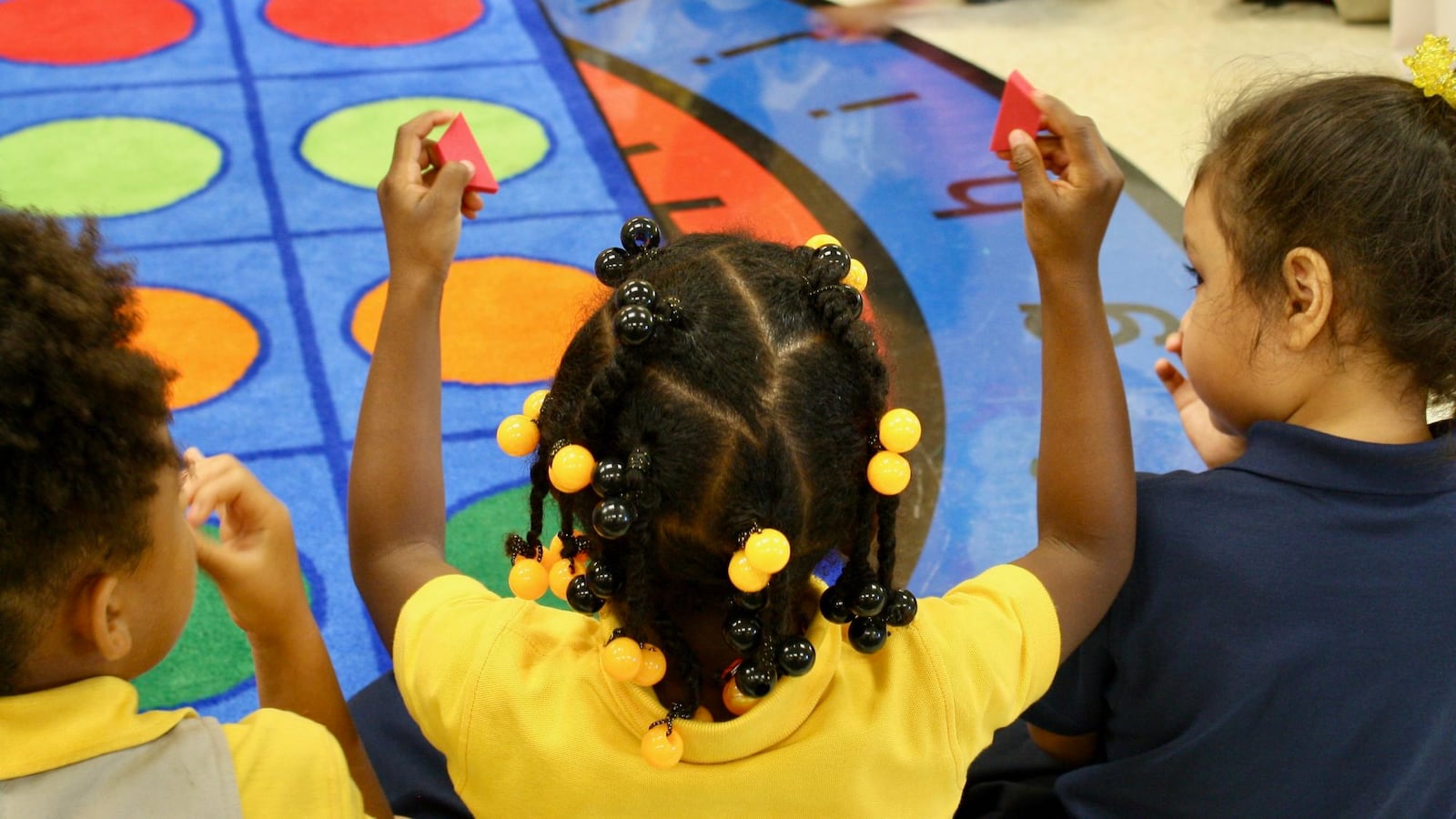In the two years since Indianapolis Public Schools started creating district schools with charter-like flexibility, the innovation program has grown at a rapid clip, and most of the schools have been helped along with funding from the Mind Trust.
But the nonprofit Mind Trust has also made several bets that haven’t come to fruition.
Over the last three years, four of the 12 school leaders the Mind Trust supported through its innovation fellowship — which provides fellows with salaries and support as they develop schools — abandoned their plans before opening schools.
The fellows receive funding from the Mind Trust to plan IPS innovation schools, which are considered part of the district but are managed by outside nonprofits or charter networks. Because teachers at the schools are not employed by the district, they are not part of the IPS union.
The latest fellow to withdraw from the program was Sheila Dollaske, a former-IPS principal who was aiming to start a middle school on the near west side that would also help parents further their own educations. Ideas that were scrapped in past years include some of the most unusual plans proposed — from a vision for an urban boarding school to an idea for a middle school that would encourage entrepreneurship.
Mind Trust President David Harris said that some of the issues, like a fellow who had health problems, could not be anticipated, but the nonprofit has shifted its focus to proven, local school leaders and charter networks.
“When we launched the innovation school fellowship, we did it quickly,” said Harris. “We’re doing a better job of recruiting the right talent to do this work.”
Overall, however, Harris is extremely optimistic about the innovation schools that have launched and the dramatic growth in the program. This year, 3,160 students are enrolled in innovation schools, according to IPS.
The Mind Trust is also supporting expansion of the innovation network through other fellowships: It offered funding and guidance to help three existing schools convert to innovation status, and two leaders decided to create innovation schools after receiving fellowships to found charter schools. In total, 10 Mind Trust-backed schools are expected to be part of the innovation program by the fall.
The schools that have launched successfully so far — and most of the schools in the pipeline — are largely new iterations of existing charter schools or conversations of IPS schools. But Harris said that the Mind Trust is still supporting more unusual models like the proposed school that would allow students to study abroad.
“On balance it’s smart to have more replications of successful models than just brand new ideas,” Harris said.
Since the Mind Trust began supporting new innovation schools, it has spent about $3.2 million supporting successful schools, according to Harris. It has spent about $550,000 on fellowships that did not pan out, with nearly half of that funding going toward Dollaske’s school.

